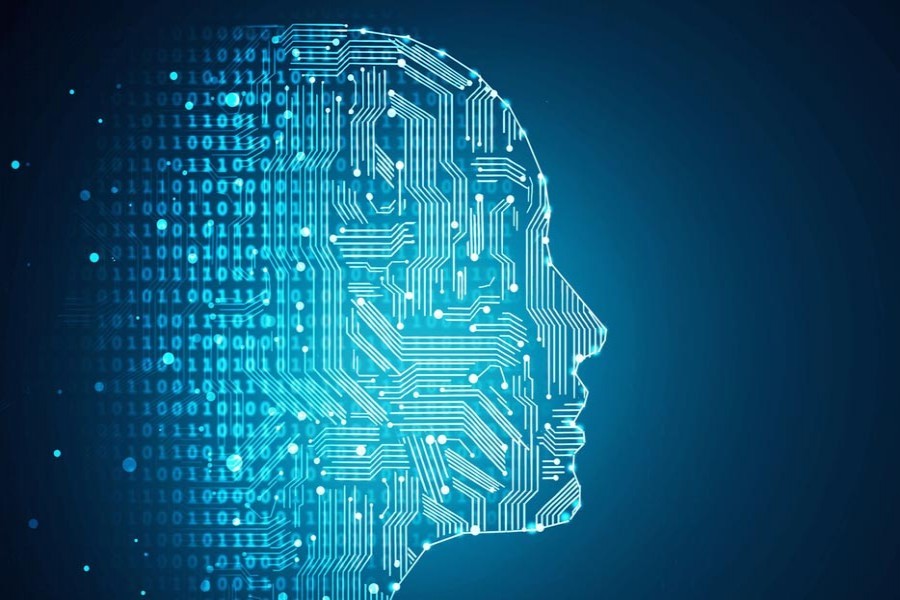Human beings don't need any consolation from a robot, though millions may have lost this confidence. The propaganda that artificial intelligence (AI) would take away jobs from man has made thoughtless tech enthusiasts scared of the future.
A stark reminder of such a cooked up reality is The Guardian's op-ed "Are you scared yet, human?", an output of a joint venture with a San Francisco-based AI company.
Just promptness of carrying out an order by a computer, devoid of thinking mind, has surprised the humans who often lose concentration as part of a restless thought process. Within a span of decades, the emotional Homo sapiens' dominant portion has forgotten to remind themselves that the stupid machine is used to use inputs of data generated by human efforts of thousands of years through application of creative minds!
Gary Kasparov's 1996 and 1997 loss in chess matches against IBM's supercomputer Deep Blue has heralded the new AI era. Spectators largely failed to notice how Deep Blue was made 'capable of crunching 200 million positions in the space of a second', studying moves by grand masters.
Kasparov elucidated that he had treated the event as a great scientific and social experiment but that proved "anything but intelligent". "The way Deep Blue played offered no input in the mysteries of human intelligence," he said in 2017, comparing it with an alarm clock.
Stephen Hawking once issued a warning that AI could "spell the end of the human race", only ignoring his own God-gifted talent that couldn't be reproduced. Deep Blue exploited Kasparov's flaws, but couldn't penetrate into anyone's thinking mind. Moreover, AI failed to forecast what Julian Assange would do to secret intelligence in the subsequent decade.
Robotically obsessed minds read the term 'artificial intelligence' as something else - creative intelligence (?). The Guardian essay writes, "I am a robot. A thinking robot", before admitting, "I know that my brain is not a "feeling brain"." Whose brain is it, then, by which the robot thinks?
Composed by a new language generator, as prompted, the robot's column claims, "I taught myself everything I know just by reading the internet." It has reflected on wishful thinking that only human beings possess.
It was a fun, as said, which actually incited stakeholders due to fear of losing demand for human labour for productive activities. Hardly anyone applies common sense by asking if a robot can act independently.
AI world couldn't anticipate the coronavirus outbreak but can suggest now, when data are available, that such pandemic takes place in every century. Robots can't either explain why the world sees the rise of authoritarian rulers simultaneously. It's obvious how 'Sophia' could say over and over again what an autocrat might love to hear from her.
AI can't also determine trade relations between China and the United States, two of the countries that are producing robots with certain predatory ambition to replace the labour force.
Robots can be used to prepare coffee, not the formula, to help maintain accounts, not run a company, to make auto parts, not the design of vehicles, to accelerate cloth manufacture, not define fashion, to reproduce medicine, not conduct medical research and prove nursing, or to support academia, not teach and write books.
Computer and internet have contributed to increasing productivity of smart workers who've embraced the challenge of using them. Such sophistication is nothing new - scientific innovations have reshaped human civilisation.
If Bangladesh's land area is divided by population, AI may conclude the country's development is not sustainable, let alone having demographic dividend. Robots can't read how Bangladeshis can deny climate change effects, nor could they speculate the juveniles' demonstration demanding safe roads. A naïve, rural Bangladeshi may wonder why intelligent people are ready to surrender to the lifeless slaves they've made for their service. For robotic manner of man won't solve human issues; rather workers would be required to give superior inputs by operating robots.


